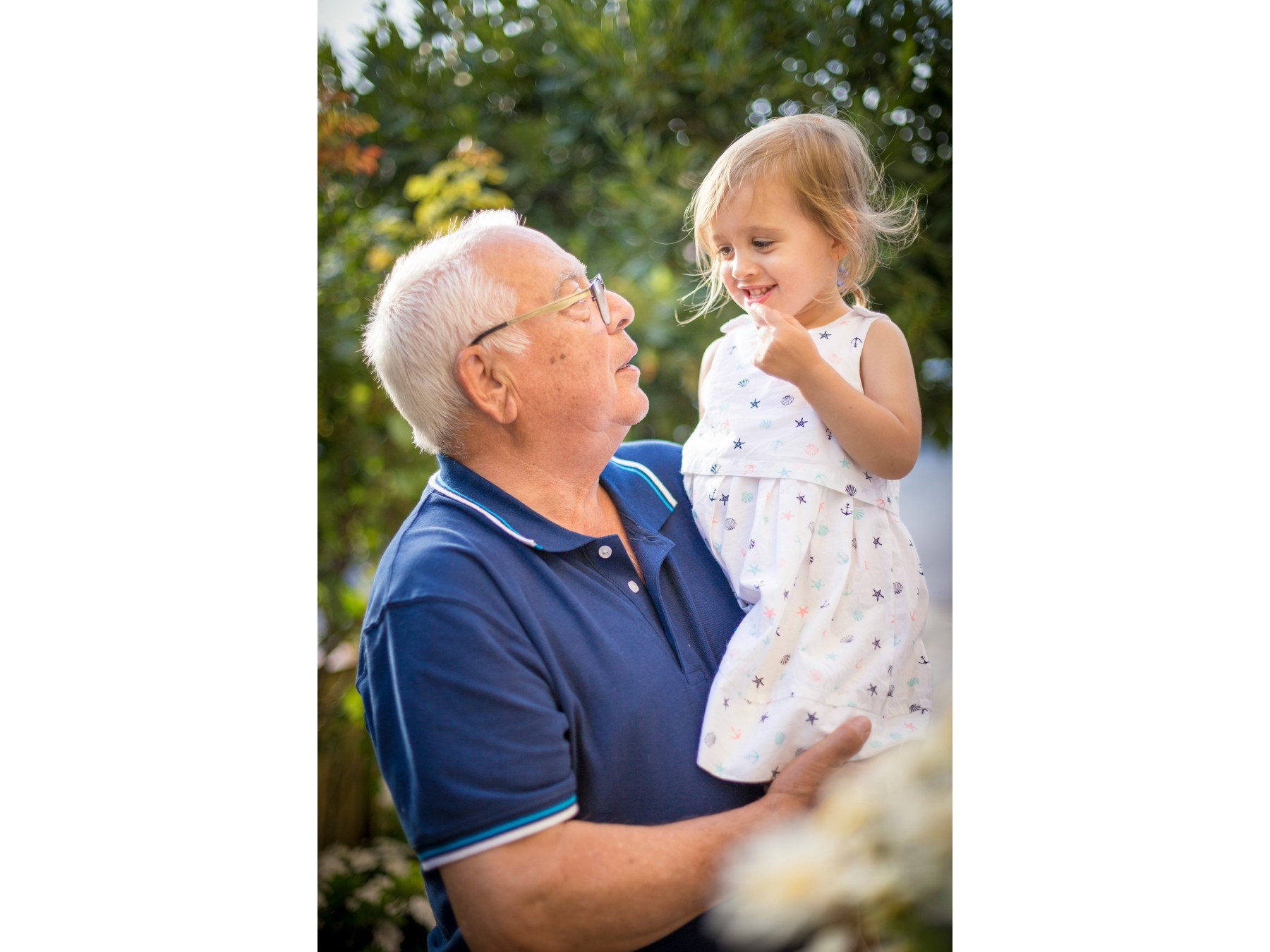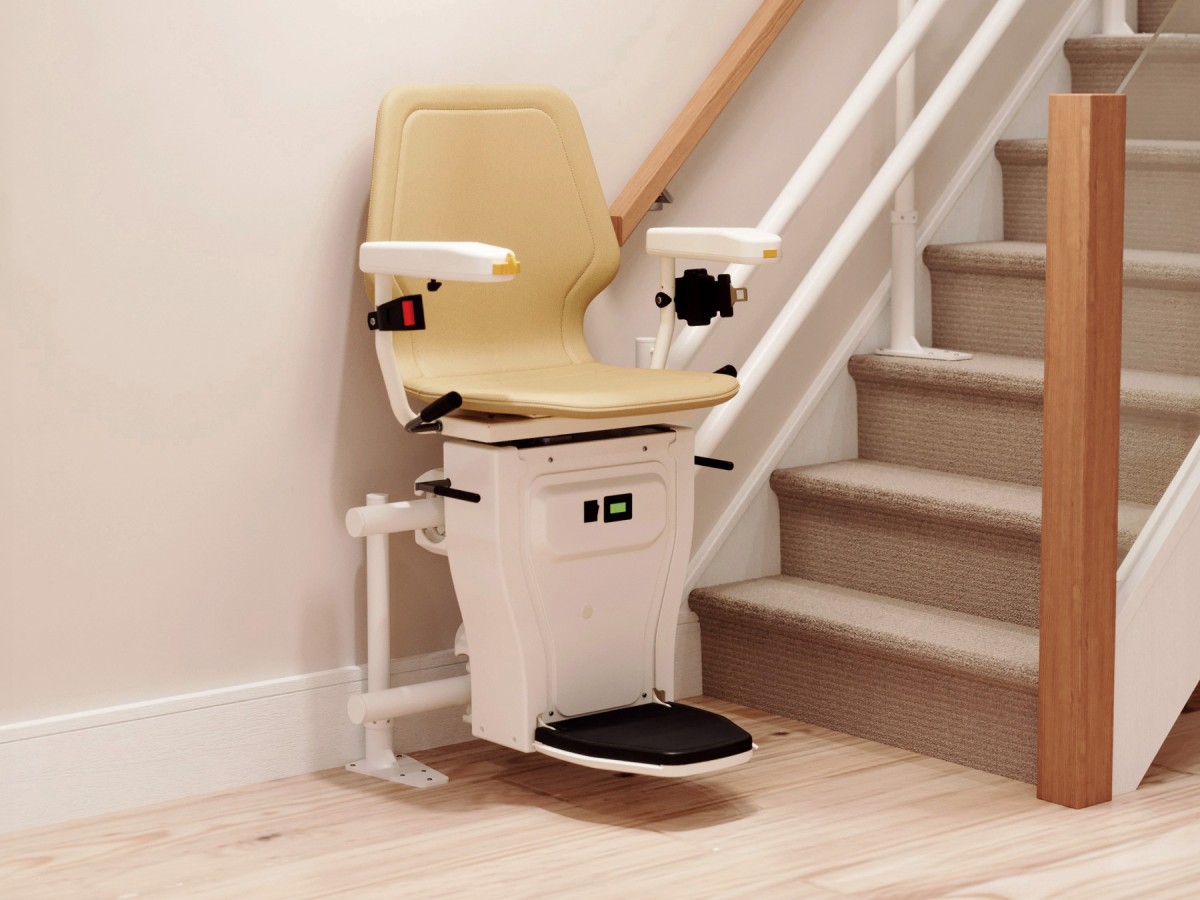Are Stairlifts Only for Elderly People, or Can Others Use Them Too?

When most people picture a stairlift, they immediately think of an elderly person traveling up and down their staircase. While stairlifts are a valuable aid for older people, they are not exclusively for seniors. Stairlifts in the UK are designed for anyone who has trouble with stairs - whether through injury, disability, recovery from surgery, temporary mobility issues, or long-term health conditions.
What is a Stairlift?
A stairlift is a motorised chair that runs along a track attached to your staircase. It allows users to travel between floors safely and comfortably at the touch of a button. Modern models are compact, quiet, and designed to fit into homes without major structural changes.
So, are stairlifts only for the elderly? Absolutely not. Let’s explore who really benefits from them and why they’re a symbol of independence for people of all ages.
Stairlifts Support a Wide Range of People, Not Just the Elderly
It’s true that stairlifts for elderly users remain one of the most common reasons people in the UK invest in them. Ageing naturally brings reduced mobility, balance issues, or joint pain, making stairs a daily challenge. But the key message here is that stairlifts are about independence, not age.
A stairlift removes the barrier of stairs and restores freedom in the home. Whether you’re 30, 50, or 80, if stairs are a struggle, you deserve a solution that helps you live more comfortably.
People with Disabilities or Long-Term Conditions
Another important group of stairlift users includes those living with disabilities or chronic health conditions. For these individuals, mobility limitations can affect daily life at any age.
- Neurological conditions: Multiple sclerosis (MS), Parkinson’s disease, or motor neurone disease.
- Mobility impairments: Cerebral palsy, muscular dystrophy, or spinal cord injuries.
- Chronic fatigue or weakness: Chronic fatigue syndrome (ME/CFS), arthritis, respiratory issues, or severe asthma.
- High risk of falls: Anyone who struggles with balance and is more likely to trip on stairs.
For these users, domestic stairlifts provide a safe, consistent way of navigating their homes. Instead of facing the daily stress of stairs, they can focus on living their lives more fully.
Individuals Recovering from Surgery or Injury
Stairlifts aren’t always a permanent fixture. Many people use them temporarily after surgery or injury when mobility is restricted.
Common scenarios include:
- Post-surgery recovery: After knee or hip replacements, spinal operations, or other orthopaedic procedures.
After fractures or accidents: A broken leg, foot, or pelvis can make stairs impossible for weeks or months. - Hospital discharge planning: Patients returning home after surgery often face mobility restrictions.
Temporary stairlift installations are available across the UK, making them a flexible option for people who only need support during rehabilitation.
Carers and Families Benefit Too
Stairlifts are not only life-changing for users, but they also make a huge difference to carers and family members.
Without a stairlift, carers often must physically support someone up and down the stairs, risking injury to both them and the person they are helping. Installing a stairlift reduces this physical strain and provides peace of mind.
Common Misconception - “A Stairlift Means I’m Old”
One of the biggest myths around stairlifts is that they are purely for seniors, or that installing one is a sign of “giving up.” This couldn’t be further from the truth.
Modern stairlifts in the UK are:
- Discreet and stylish: Folding away neatly to blend into your home’s decor.
- User-friendly: Smooth, quiet, and simple to operate at the push of a button.
- Confidence-boosting: They allow safe and independent living, free from fear of falls.
Choosing a stairlift isn’t about age - it’s about freedom.
Types of Stairlifts Available in the UK
Every home is different, which is why there are several stairlift options available:
- Straight stairlifts: Ideal for staircases without turns or landings.
- Curved stairlifts: Custom-built to fit staircases with bends or split levels.
- Electric stairlifts: Powered with a battery backup, ensuring reliable operation even during a power cut.
By working with experienced stairlift companies in the UK, you can find a model tailored to your staircase and personal needs.
Quick Checklist – Who Can Use a Stairlift?

Next Steps! Find the Right Stairlift Company in the UK
If you’re considering a stairlift, the best way forward is to book a home assessment. A professional installer can evaluate your staircase, discuss your mobility needs, and recommend the most suitable model.
At Homelife Stairlifts, we pride ourselves on being one of the best stairlift companies in the UK. With a trusted local presence, professional installation, and ongoing aftercare, we ensure your stairlift continues to support you long after fitting.
Stairlifts aren’t just for elderly people they’re for anyone who wants to live more independently, safely, and comfortably in their own home.
Blog Summary
Stairlifts in the UK are often associated with elderly users, but the truth is they support a wide range of people. From those living with disabilities and long-term conditions, to individuals recovering from surgery or injury, stairlifts provide independence, safety, and peace of mind. They also benefit carers and families, reducing strain and improving home care.
Modern stairlifts are discreet, reliable, and tailored to different types of staircases, with options for both straight and curved designs. Choosing a stairlift isn’t about age, it’s about freedom and confidence at home.
If you’re asking yourself, “do I need a stairlift?” the answer could be yes whatever your age. Call us on 0808 175 4410 to speak directly with a knowledgeable advisor, arrange a free, no-obligation home assessment, request a quote, or get more information about stairlift options tailored to your needs
Frequently Asked Questions
Yes, stairlifts are not just for the elderly. Many younger people use them temporarily while recovering from injuries such as fractures, hip or knee surgery, or other conditions that limit mobility. Short-term rental options are available across the UK.
While stairlifts don’t always increase property value, they can make a home more attractive to buyers who need mobility solutions. More importantly, they add immediate practical value by making your home safer and more accessible.
Yes. Stairlifts are ideal for people with chronic conditions that make stairs painful or exhausting. For example, arthritis sufferers benefit from reduced strain on joints, while those with asthma or breathing difficulties avoid unnecessary exertion.



